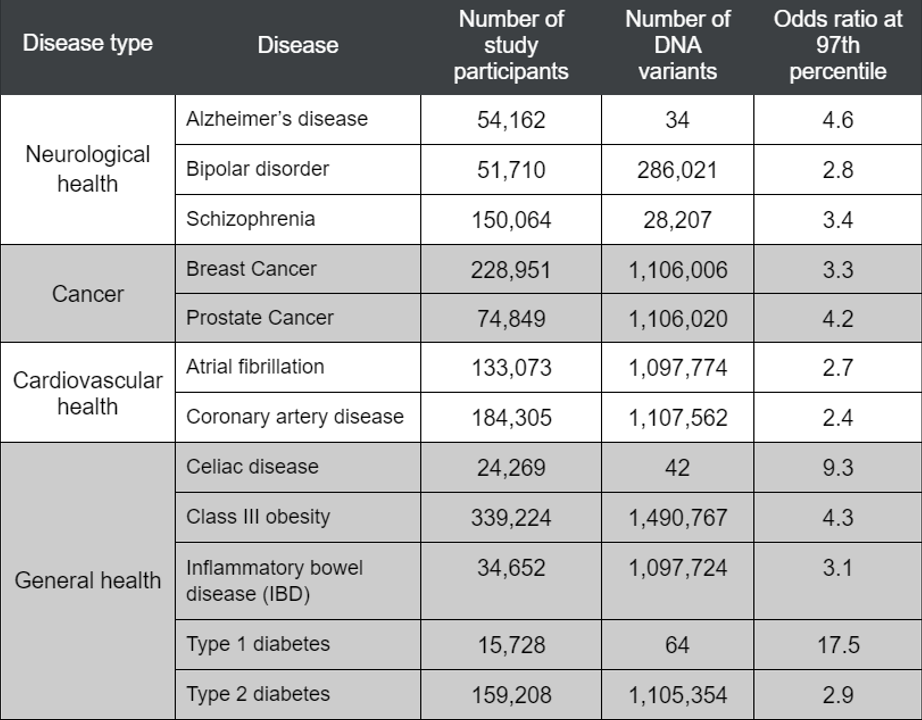New Service Screens Embryos for Over 1200 Diseases
A startup called Orchid is now offering a service where they check the entire genetic makeup of embryos. This gives soon-to-be parents and doctors information that could help pregnancies be healthier and more successful. However, some people aren’t sure if it’s worth the price.

Here’s the background: Lots of people struggle with infertility, affecting about 1 in 6 people globally. When traditional methods of getting pregnant don’t work, some turn to in vitro fertilization (IVF). In IVF, doctors fertilize an egg with sperm outside the body to create an embryo. Then, they place one or more embryos in a womb to grow. Usually, the cells come from the parents, but sometimes donors are used. IVF can boost the chance of getting pregnant, but it’s pricey. The average cost per round in the US is about $12,400, and many people need to try multiple times before they succeed.
To improve their chances, some parents-to-be have their embryos checked before implantation. They look for genetic differences that might cause problems during pregnancy or increase the risk of the baby having a genetic disorder. This process is called preimplantation genetic testing (PGT). But because it usually only looks at less than 1% of the embryo’s genes, it can’t give a lot of information.
What’s new? Orchid, a reproductive technology startup, is now offering a service where they check the whole genome of embryos in IVF centers in major US cities. This gives prospective parents detailed health reports based on 99% of the embryo’s genes. Orchid looks for genetic variants linked to over 1,200 monogenic disorders (caused by a single gene variant) and also mentions the risk of polygenic disorders, which are harder to predict because they involve many genes.
George Church, a genome sequencing pioneer and Orchid investor, calls this ability to read over 99% of an embryo’s DNA groundbreaking. He believes it allows for comprehensive screening of genetic disorders before pregnancy, which could change the future of preventive medicine and family planning.
The debate: While Church is enthusiastic, other researchers are concerned about Orchid and similar companies providing parents with risk scores for polygenic diseases without clear evidence of accuracy. Orchid has shared a paper validating its technique for sequencing embryos’ genomes, but it hasn’t shown that this information leads to healthier pregnancies or babies. Some worry that this kind of advanced screening could lead to “designer babies,” where parents pick embryos based on desired traits like intelligence or athleticism.
Moreover, only those who can afford it have access to this service since Orchid charges $2,500 per embryo on top of the standard IVF cost.
Looking forward: Orchid’s CEO, Noor Siddiqui, expects the cost of their reports to decrease as the company grows. She also defends providing genetic information to parents, saying it gives them more control and confidence in a process that has traditionally been left to chance.

